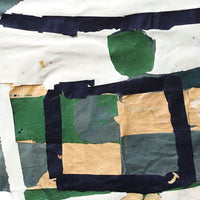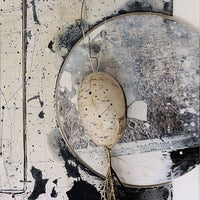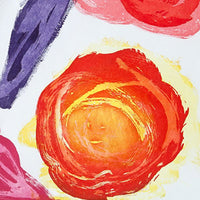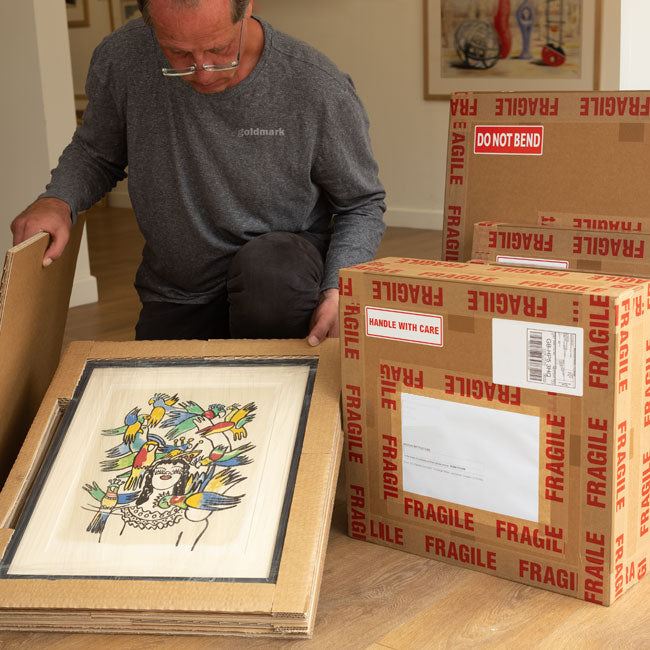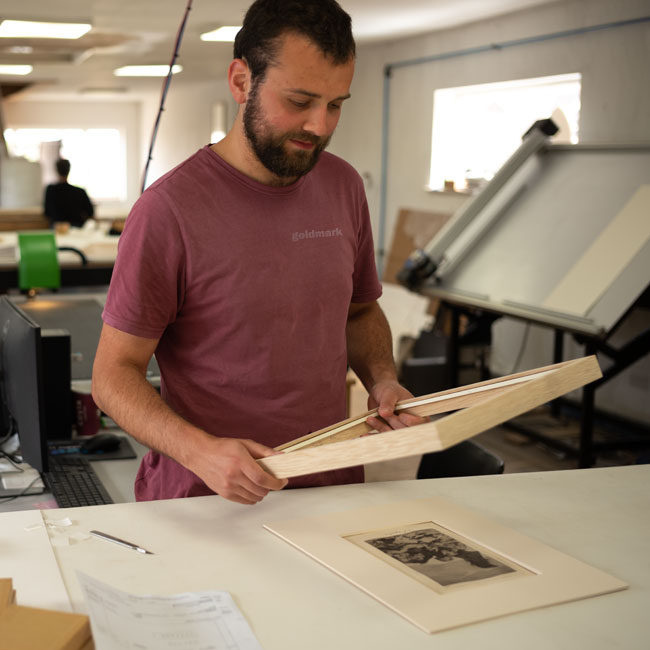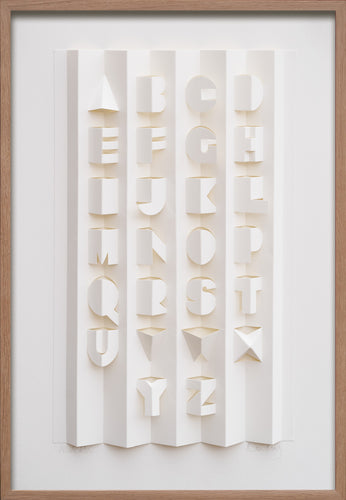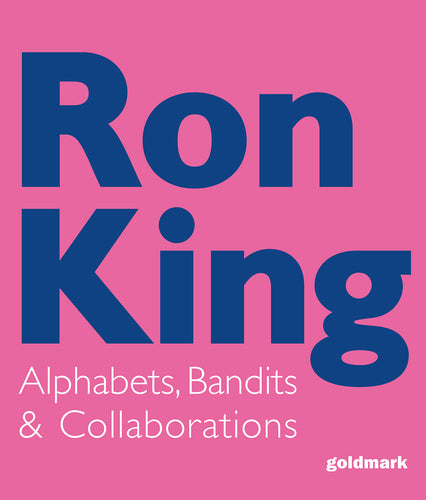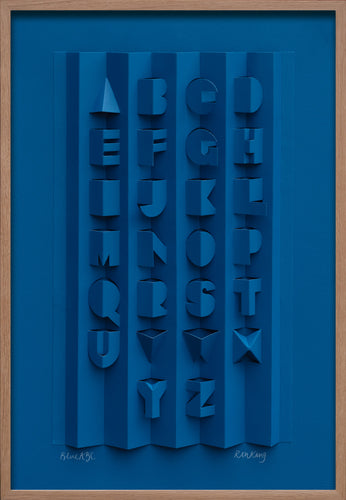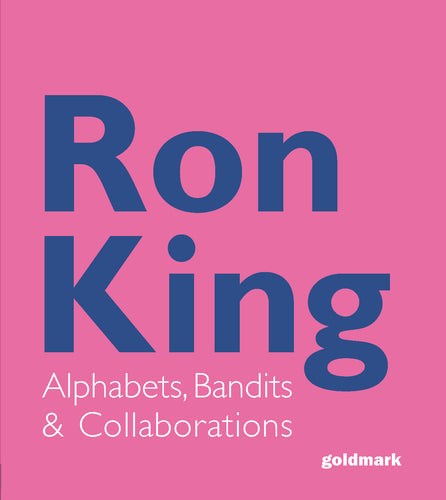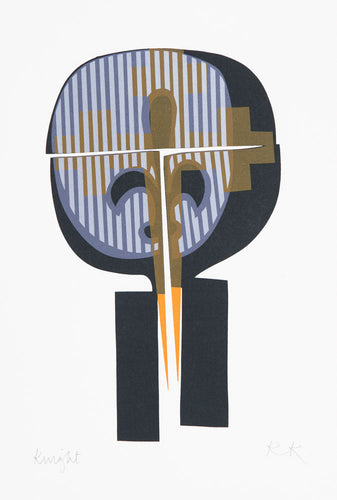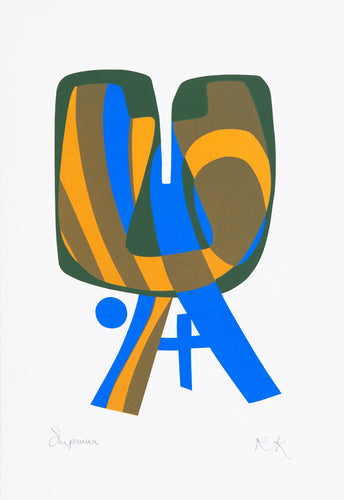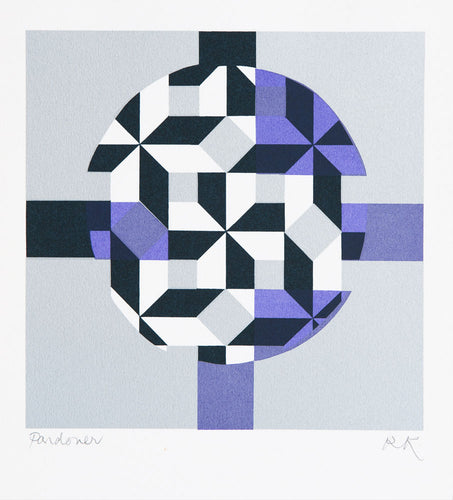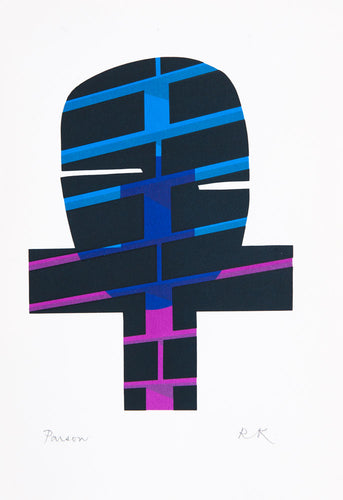Sometimes the word 'gallery' simply isn't enough. Yes, it's the core of a business dedicated to the best in painting, printmaking, sculpture and ceramics. But here the books turn into paintings, the paintings turn into films. Watch our short film to find out a bit more about us and what we do.
Ron King - Alphabets, Bandits & Collaborations, 2019
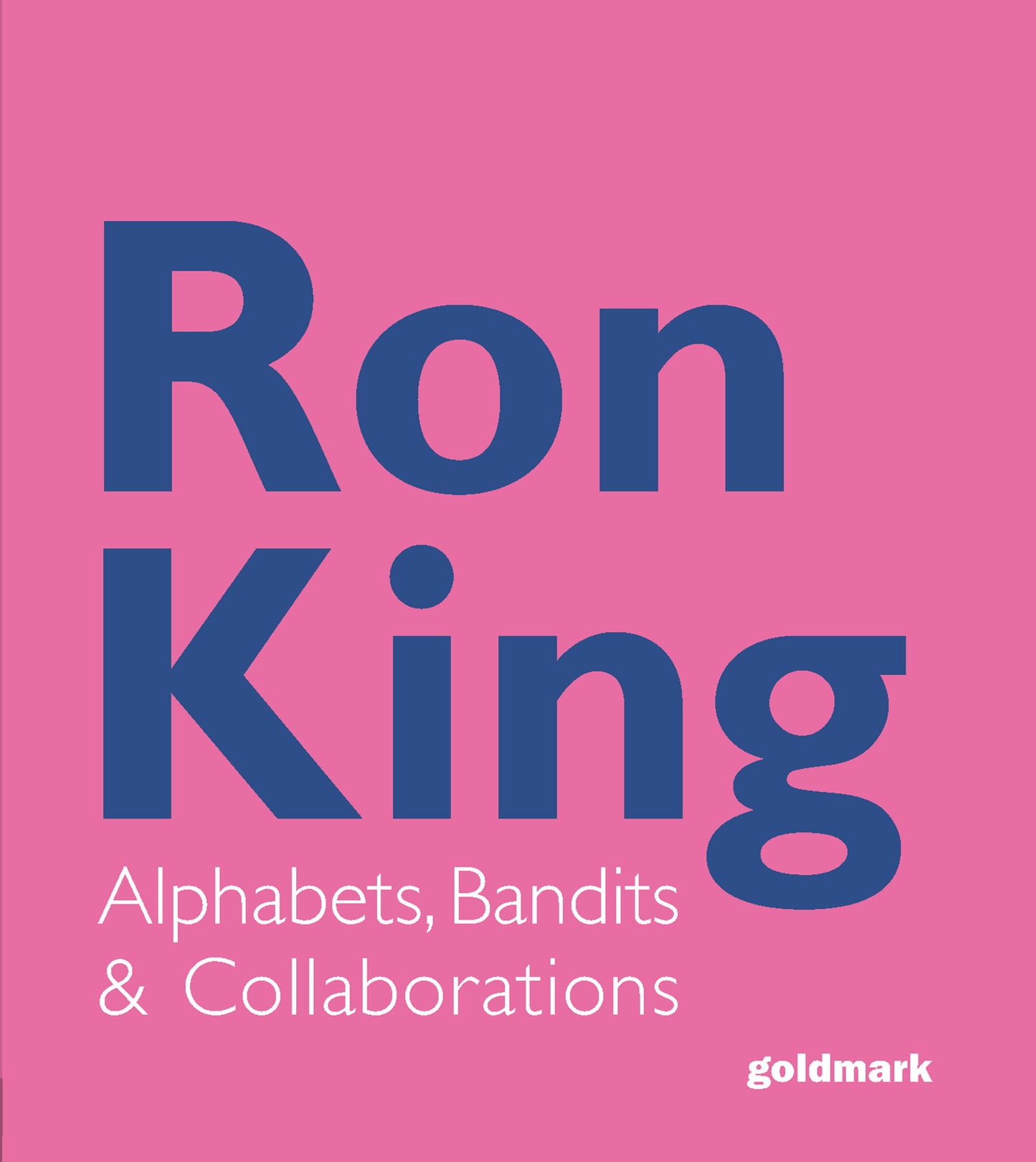
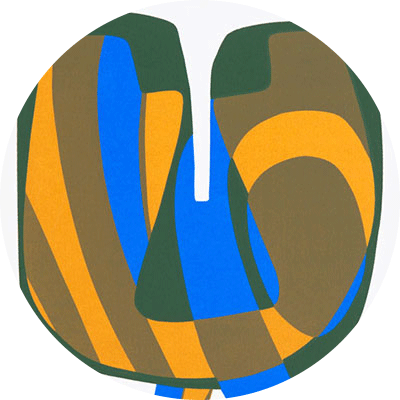
He picked up a scholarship at Chelsea for his painting and then several art awards when he emigrated to Canada, with his wife and sculptor Willow Legge in 1956. Here he worked as an art director in McLean Hunter publishing house. In 1960 Ron returned to the UK with his family to paint for his first one-man show in Toronto. In 1961 while teaching at Farnham School of Art he took up printmaking, which led to a contract in 1964 with the well known print publishers Editions Alecto. Unable to publish his first book ‘The Prologue to Chaucer's Canterbury Tales’ with them, he followed through the project himself and formed the Circle Press.

In this Goldmark film, shot mostly on location in his studio in Sussex, Ron King talks about his life and inspiration; the development of his work and the founding of Circle Press as an ongoing collaboration with other artists. The film highlights his continuing relationship with the USA which was underlined in 2002 with the purchase of the Circle Press' complete output and archives by the Paul Mellon Foundation at The Yale Center for British Art.
King also talks movingly in the film about the sudden death of his son, from cancer, aged only 15 and that of his second son from the same disease 30 years later and the profound effect the passing of his sons has had on his life and his work.
Featuring interviews with writer, art historian and critic Mel Gooding and artist, designer and filmmaker John Christie, this latest Goldmark film provides a sensitive and revealing insight into the life of this extraordinarily inventive and energetic man.
Delivery & Returns
Free Delivery + Frame
We're delighted to be able to include free framing and UK delivery on most art orders.
Collect from Gallery
We love it when our customers take the trouble to visit us here in Uppingham.
International Delivery + Frame
We offer free framing on most international art orders. Add to basket for delivery options.
Free No Quibble Returns
If, for any reason, you are not happy with your purchase please contact us to arrange return and refund.
-
Our Free Bespoke Delivery
At Goldmark we understand the risks of sending delicate art and ceramics in the post, that’s why we hand package in made to measure boxes, frame and seal every purchase. If you do have an issue with your order, just get in touch with us and we can get it sorted for you as soon as possible.
-
Our Free Bespoke Frames
All eligible orders that include a frame with their delivery will receive a bespoke frame handmade by our dedicated talented team of frame makers. You can learn more about our frame making process here and what makes it so special.
Similar Works
-
A Gallery Supporting Real Artists
Goldmark is proud to have changed the lives of many living artists, enabling them to spend more of their time making pictures, pots and sculpture.READ MORE
-
 Goldmark is delighted to be a member of the International Fine Print Dealers Association, the Fine Art Trade Guild and the Confederation Internationale de Negociants en Oeuvres d'Art.READ MORE
Goldmark is delighted to be a member of the International Fine Print Dealers Association, the Fine Art Trade Guild and the Confederation Internationale de Negociants en Oeuvres d'Art.READ MORE
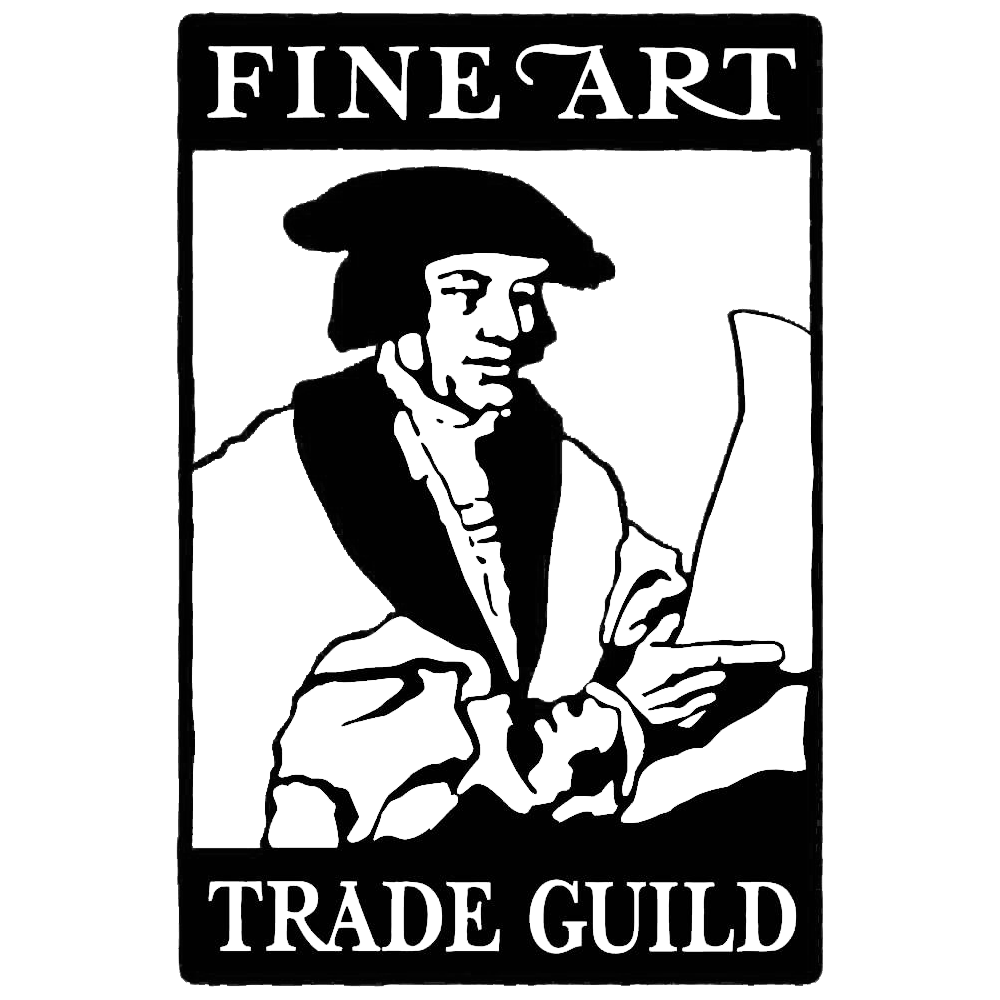
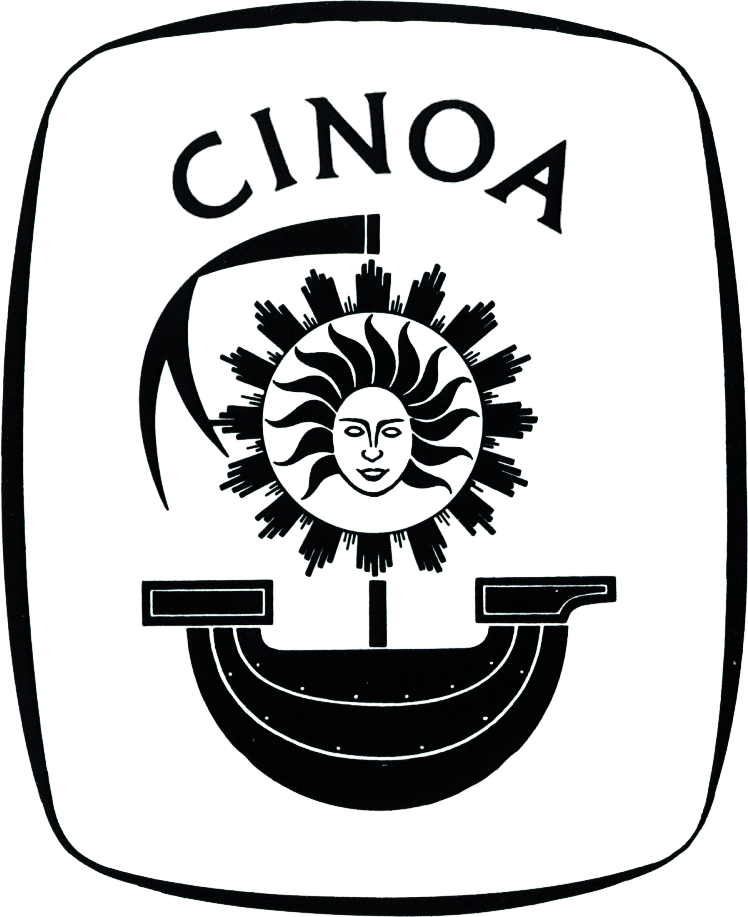
Recently Viewed
- Choosing a selection results in a full page refresh.



